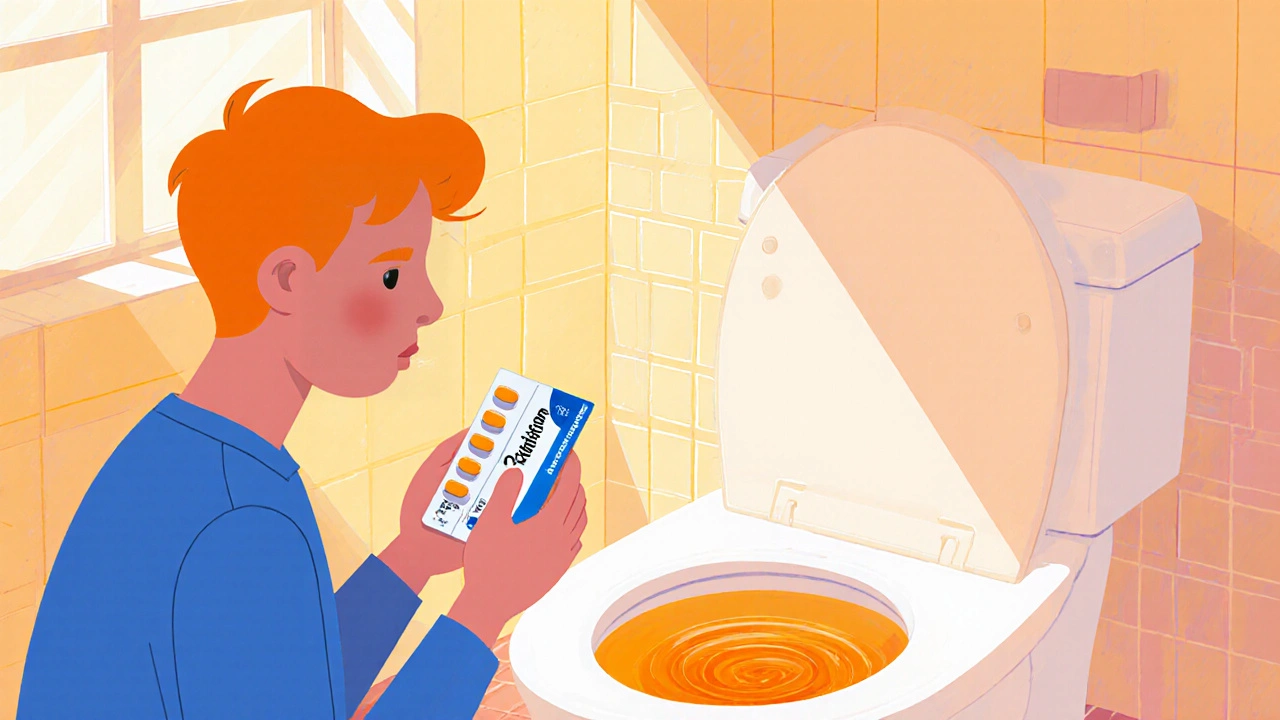Urinary Pain Relief: How to Calm the Burn and Discomfort
When dealing with Urinary Pain Relief, methods that reduce burning, cramping, or pressure while urinating. Also known as UTI pain relief, it covers everything from simple lifestyle tweaks to prescription medicines. The most common trigger is a Urinary Tract Infection, a bacterial invasion that inflames the bladder or urethra, but kidney stones, bladder spasms, and dehydration can create the same ache. Understanding that urinary pain relief isn’t one‑size‑fits‑all is the first step toward real comfort.
Effective relief usually falls into three groups: analgesics, antispasmodics, and infection‑targeted therapy. Over‑the‑counter painkillers like ibuprofen mute the inflammation that fuels the sting, while anticholinergic agents such as oxybutynin calm involuntary bladder contractions. If a bacterial Urinary Tract Infection is confirmed, a short course of antibiotics resolves the source and stops the pain from recurring. When stones are the culprit, a urologist may recommend alpha‑blockers to relax the ureter, making it easier for fragments to pass. Beyond drugs, simple actions—drinking plenty of water, avoiding irritants like caffeine or alcohol, and emptying the bladder regularly—create an environment where pain‑causing agents struggle to thrive. A well‑hydrated system, highlighted by Hydration, the practice of maintaining adequate fluid intake to dilute urine and flush microbes, cuts down on crystal formation and helps clear bacteria faster.
Putting these pieces together gives you a toolbox you can reach for anytime the burn starts. Identify the likely trigger—infection, stone, or spasm—then match it with the appropriate category of relief. Keep a water bottle handy, note any new foods or drinks that make symptoms worse, and don’t hesitate to see a clinician if pain persists beyond a couple of days. Below you’ll find a curated selection of articles that dive deeper into each remedy, compare medication options, and share real‑world tips for managing urinary discomfort without missing a beat.
Phenazopyridine (Pyridium) vs Common UTI Pain Relievers: Full Comparison
A practical guide comparing Phenazopyridine (Pyridium) with common UTI pain relievers, including pros, cons, side effects, and a decision guide.
View more
